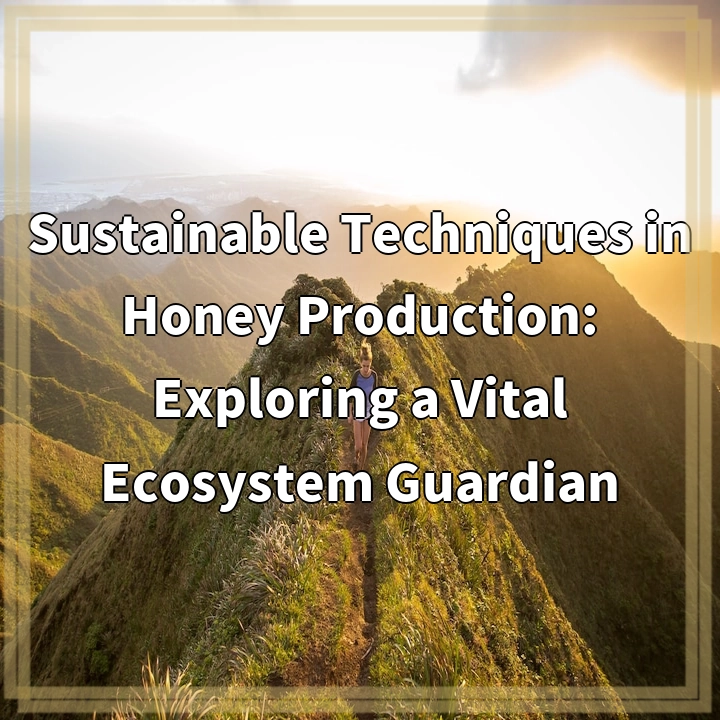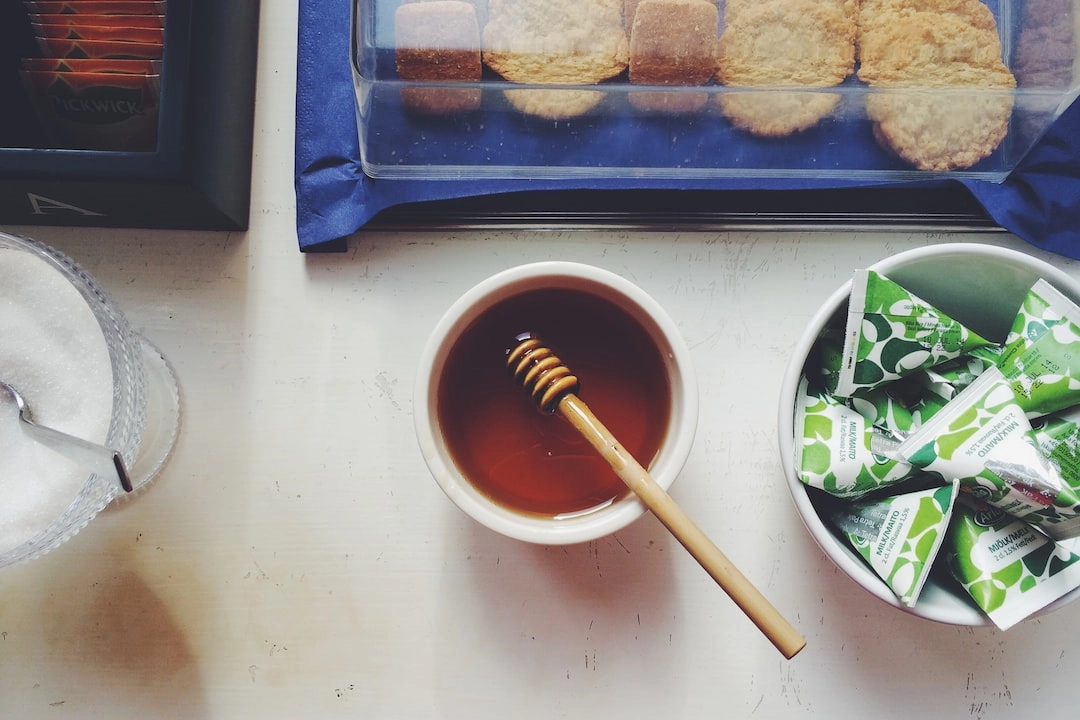
What is Sustainable Techniques in Honey Production?
Sustainable techniques in honey production refer to the methods and practices employed by beekeepers to ensure the long-term health and productivity of honeybee colonies while minimizing negative impacts on the environment. These techniques aim to promote ecological balance, protect biodiversity, and support the overall sustainability of honey production.
Real-World Problems Associated with Honey Production
While honey production is an important industry, it is not without its challenges. Here are some of the real-world problems associated with honey production:
1. Decline in Bee Populations
Bee populations worldwide have been facing significant declines, mainly due to habitat loss, pesticide use, climate change, and diseases. This decline in bee populations poses a threat to honey production and ecosystem health, as bees play a vital role in pollination.
2. Impact of Pesticides
The use of pesticides in agriculture, particularly neonicotinoids, has been linked to detrimental effects on honeybees. Pesticide exposure can weaken colonies, impair their immune systems, and even lead to mass bee deaths. Finding sustainable alternatives to pesticides is crucial to protect honeybees and the integrity of honey production.
3. Unsustainable Beekeeping Practices
Some traditional beekeeping practices, such as over-harvesting honey or neglecting colony health, can have negative consequences on bee populations and overall honey production. Adopting sustainable techniques is necessary to ensure the long-term viability of beekeeping and honey production.
Conclusion
Sustainable techniques in honey production are essential for maintaining healthy bee populations, protecting biodiversity, and ensuring a sustainable future for honey production. By addressing the real-world problems associated with honey production, beekeepers can play a crucial role in safeguarding these vital ecosystem guardians.

Solutions for Sustainable Techniques in Honey Production
In order to address the real-world problems associated with honey production, several solutions can be implemented within the industry to promote sustainable techniques. Here are some key solutions:
1. Conservation of Bee Habitats
Protecting and creating suitable habitats for bees is crucial for their survival. This includes preserving natural habitats, planting bee-friendly flowers and plants, and providing nesting sites and water sources. Supporting initiatives that promote habitat conservation is essential for maintaining healthy bee populations.
2. Reduced Pesticide Use
Minimizing the use of harmful pesticides and adopting integrated pest management (IPM) practices can greatly benefit honeybees. IPM focuses on preventing pest problems through cultural, mechanical, and biological means, while pesticide use is kept to a minimum. This approach reduces pesticide exposure for bees and preserves their health.
3. Sustainable Beekeeping Practices
Promoting sustainable beekeeping practices ensures the well-being of honeybee colonies. This includes implementing proper hive management techniques, monitoring and controlling diseases, avoiding over-harvesting of honey, and providing supplementary nutrition when necessary. Maintaining strong and healthy colonies is vital for sustainable honey production.
4. Education and Awareness
Raising awareness about the importance of honeybees and the challenges they face is crucial. Education programs for beekeepers, farmers, and the general public can help spread knowledge about sustainable practices, the benefits of pollinators, and ways to support honeybee populations. This awareness can lead to more widespread adoption of sustainable techniques in honey production.
Conclusion
By implementing these solutions, the honey production industry can move towards a more sustainable future. Conservation of bee habitats, reduction of pesticide use, adoption of sustainable beekeeping practices, and education and awareness initiatives all play a vital role in ensuring the long-term health and productivity of honeybee colonies and the sustainability of honey production.















